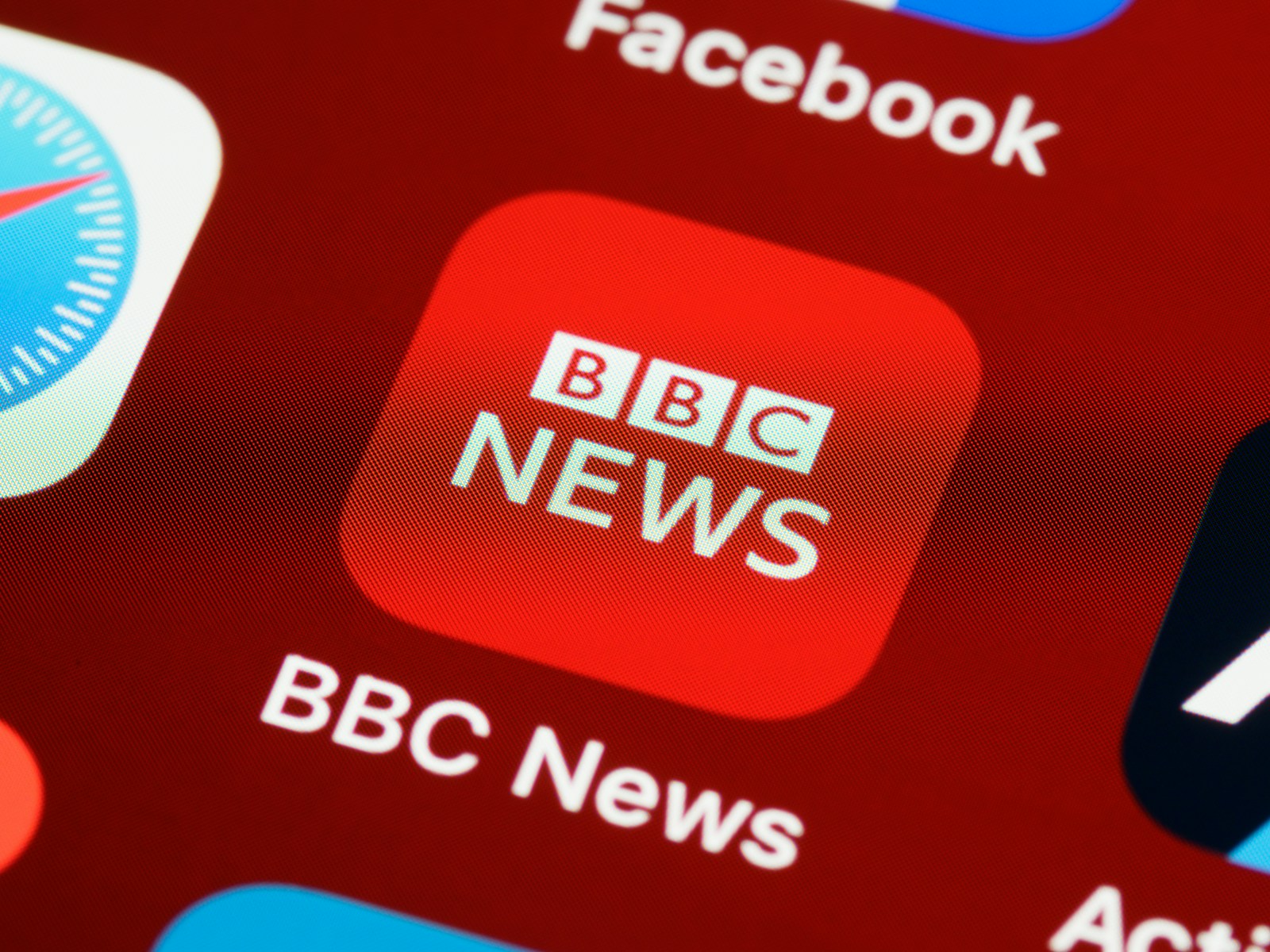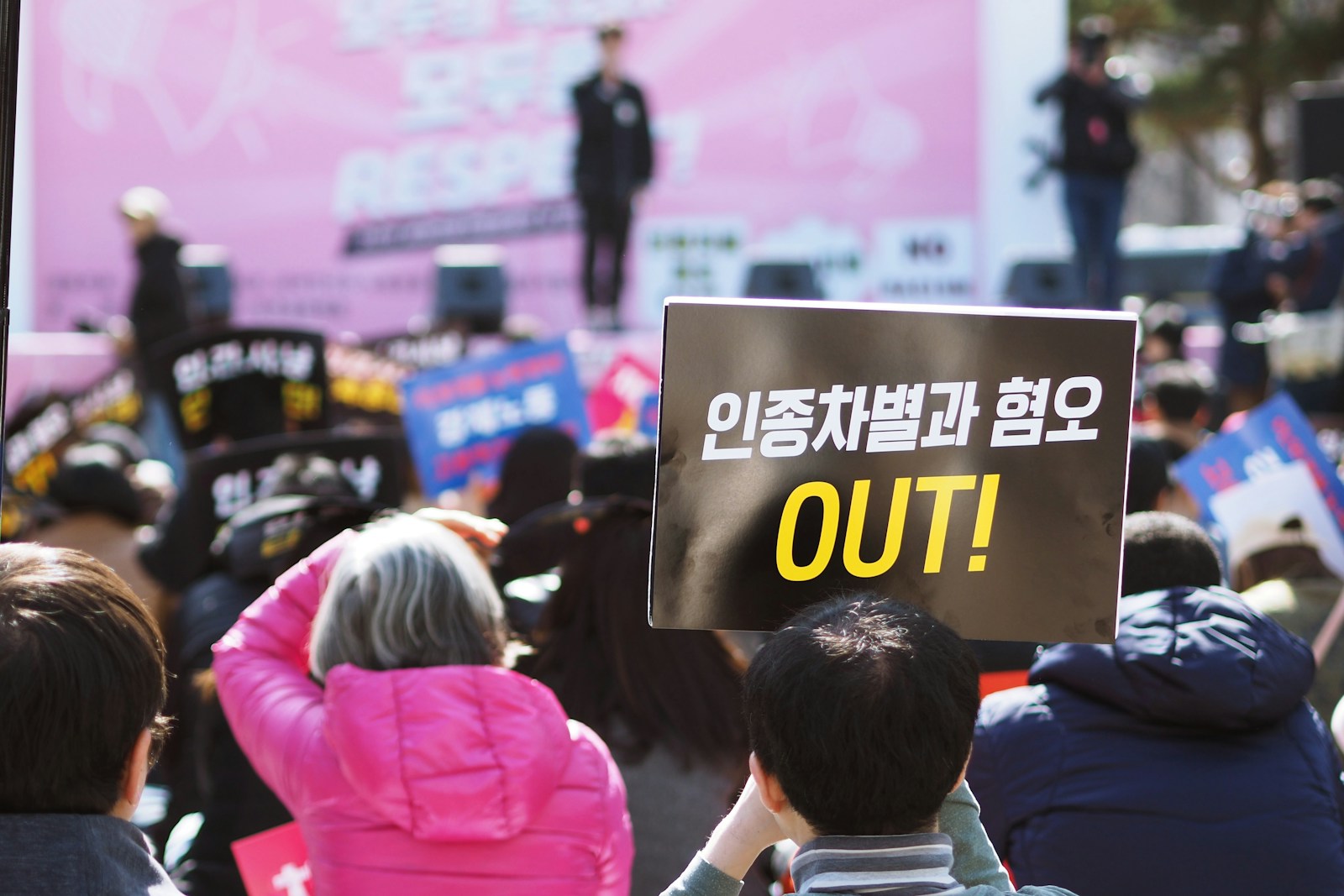The Argosy Debates: Has Social Media Done More to Corrupt Than to Support Modern Journalism?

Editor's Note: From the Arab Spring to the 2020 US election, social media platforms have played a central role in how news is made, distributed, and consumed. But has this revolution empowered journalism or irrevocably damaged it? We asked two editors to make their case.
The Case That Social Media Has Broken Journalism
By Hannah Ryu
Let us be clear about what social media platforms are. They are not neutral town squares. They are for-profit advertising businesses whose core product is engagement. Their algorithms are not designed to inform, but to addict. And in the process of pursuing that business model, they have created an information ecosystem that is fundamentally toxic to the core principles of journalism.
First, the algorithms have replaced the editorial judgment of journalists with the amoral logic of virality. A thoughtfully reported, nuanced article is often ignored, while a sensational, misleading, or emotionally charged headline is rewarded with massive reach. This incentivizes the worst tendencies of the media: clickbait, outrage-bait, and a focus on conflict over substance. News organizations are forced to play this game to survive, degrading their own product in the process.
Second, social media has obliterated the financial model that supported quality journalism. By decoupling articles from their original publications and inserting themselves as the primary distributor, platforms like Facebook and X have captured the vast majority of digital advertising revenue, starving local and national newsrooms of the resources needed to fund investigative reporting.
Finally, and most dangerously, this ecosystem is the perfect petri dish for misinformation. State-sponsored propaganda, conspiracy theories, and outright lies can spread faster and farther than the painstaking work of fact-checking can correct them. Social media hasn't just supported journalism; it has drowned it in a sea of noise, devalued its work, and created a world where many people can no longer tell the difference between a credible source and a fraudulent one.
The Case That Social Media Has Liberated Journalism
By Minwoo Jung
My colleague's critique of social media is common, but it is a critique born of nostalgia for an era of legacy media gatekeepers that was not as noble as we remember. Social media has its flaws, but its net impact on journalism has been a powerful, and necessary, force for democratization and accountability.
First, social media has shattered the information monopoly once held by a handful of elite Western media outlets. For decades, our understanding of global events was filtered through the lens of a few editors in New York or London. Today, citizen journalists and local reporters can broadcast directly from the ground in places like Syria, Ukraine, or Myanmar, providing invaluable, unfiltered accounts that bypass state censorship and legacy media bias. This has been an undeniable boon for global transparency.
Second, it has become an indispensable tool for reporters. Journalists use social media to find sources, monitor breaking events in real-time, and hold powerful people accountable in a public forum. A politician's misleading statement can be fact-checked and corrected by a dozen experts within minutes, a level of scrutiny that was impossible in the pre-social media age.
Finally, the argument that social media has destroyed the media's business model is a misreading of history. The newspaper industry was already in a state of terminal decline due to the collapse of classified advertising long before Facebook became a news powerhouse. Social media did not cause the problem, though it certainly accelerated it. What it has also done, however, is allow a new generation of independent journalists, newsletters, and podcasts to build their own audiences and create new, sustainable business models without needing the permission of a legacy institution. Social media did not break journalism; it broke the comfortable oligopoly that once controlled it, and while the transition has been messy, the result is a more vibrant, diverse, and accessible media landscape.



